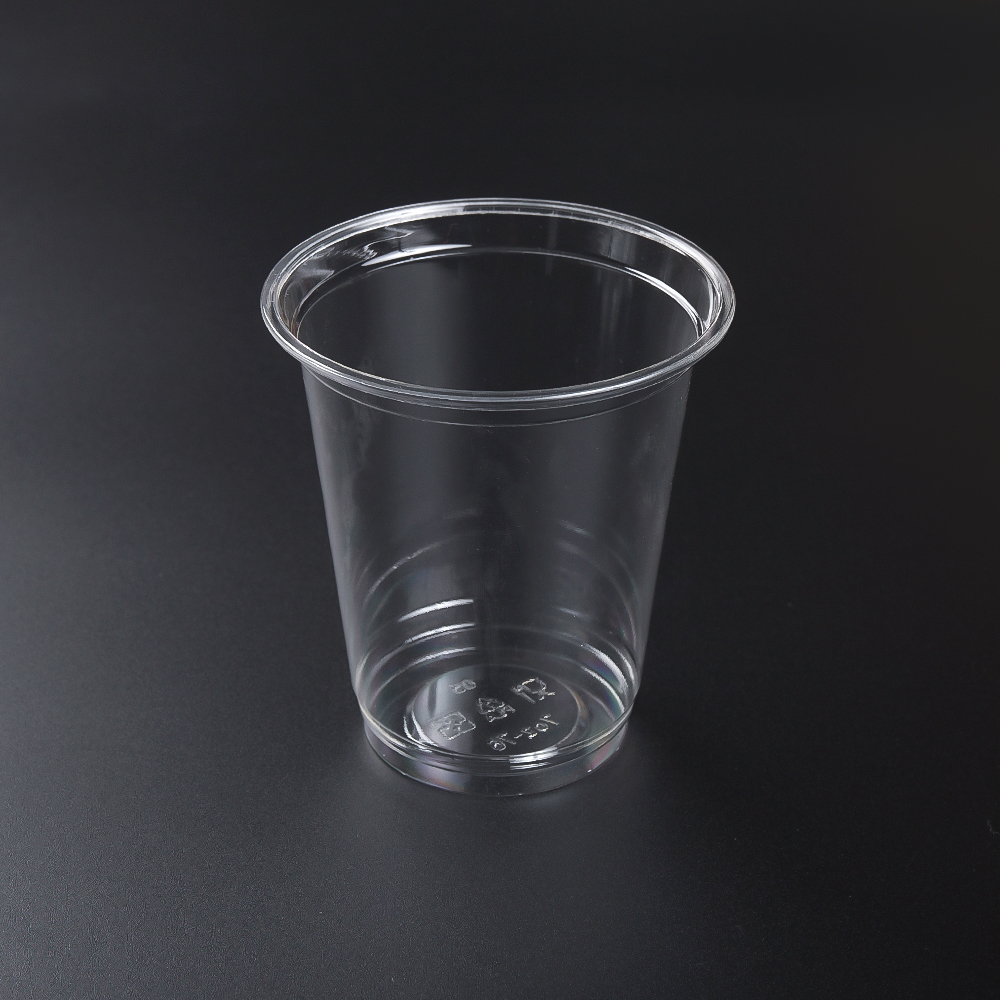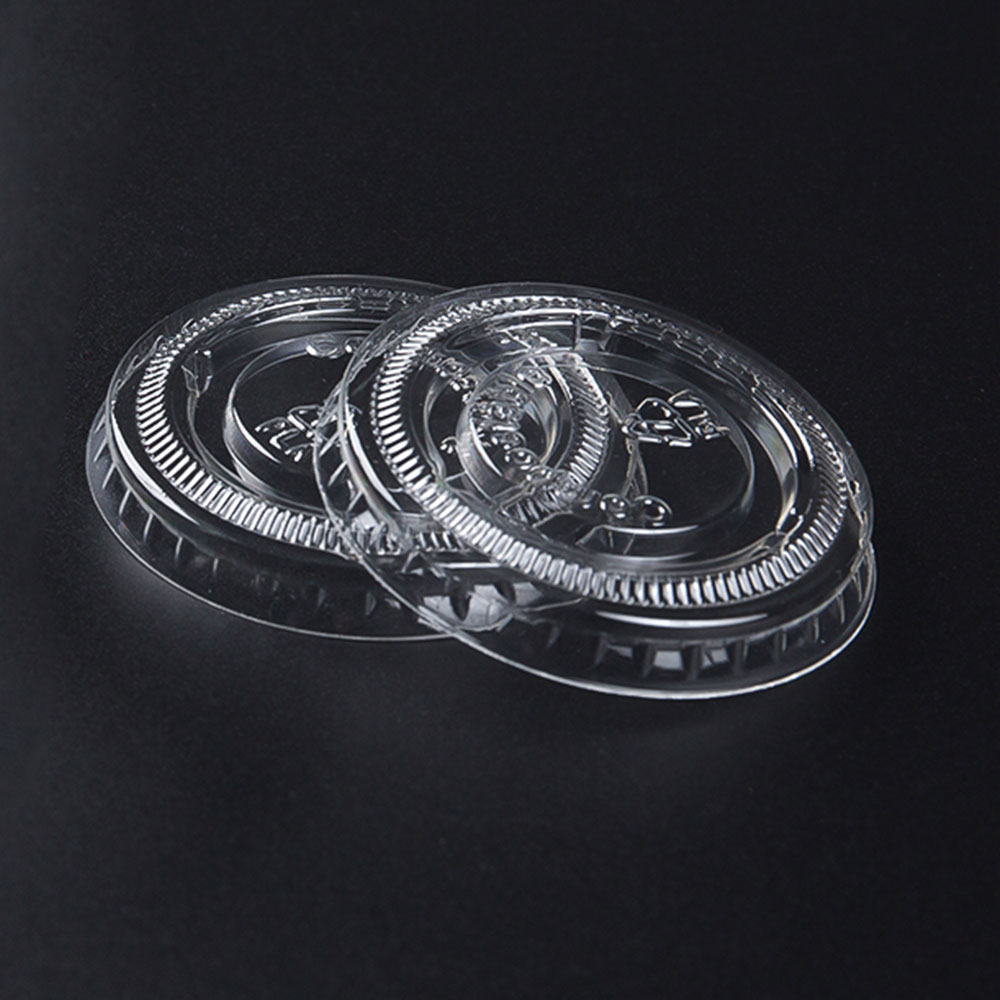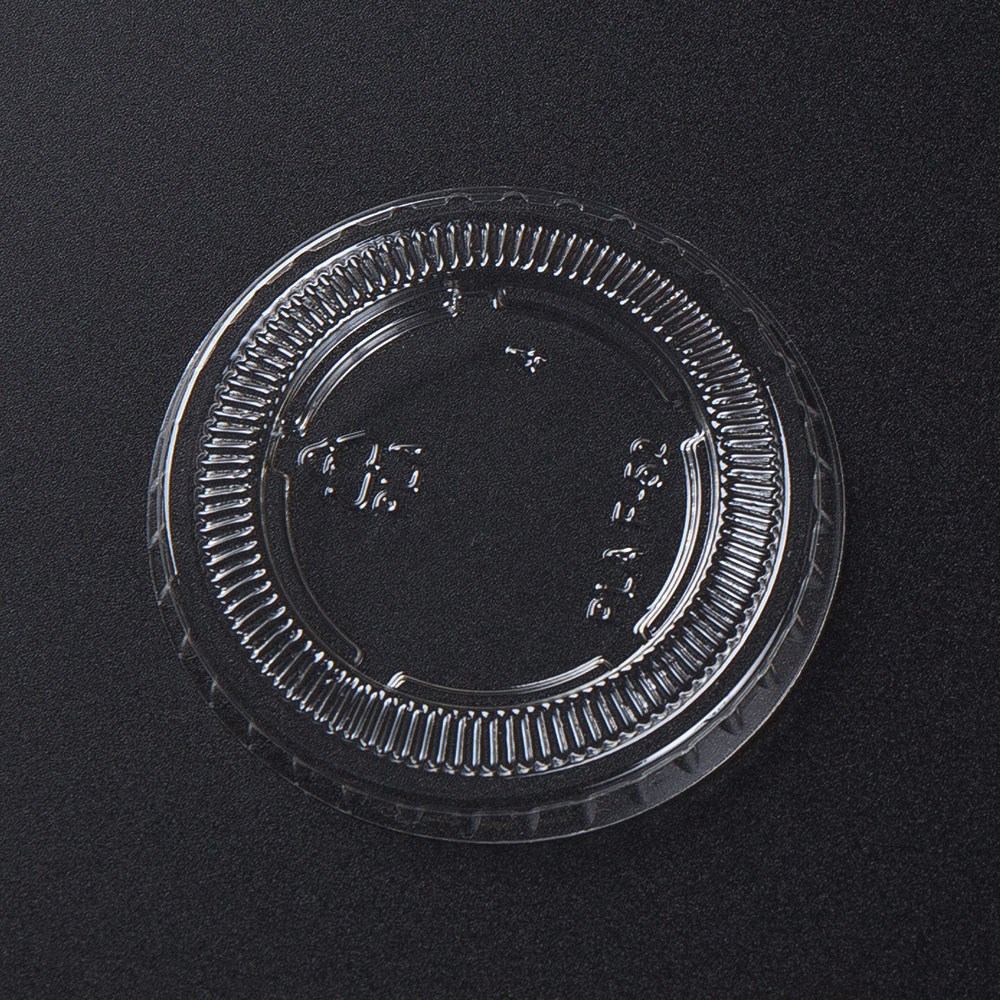OEM Compostable Deli Containers, ODM Compostable Deli Containers, Compostable Deli Containers Producer
In the quest for sustainability, every small step counts. From reducing single-use plastics to embracing renewable resources, individuals and businesses alike are increasingly turning to eco-friendly alternatives. One such innovation making waves in the food industry is the advent of
compostable deli containers.
These containers, unlike their traditional plastic counterparts, are designed with the environment in mind from production to disposal. Compostable deli containers are typically crafted from renewable resources such as cornstarch, sugarcane fiber, or bamboo, offering a biodegradable alternative to conventional plastics. The significance of this switch cannot be overstated, as it addresses the pressing issue of plastic pollution while promoting a circular economy.
The functionality of compostable deli containers extends beyond their environmental benefits. Despite being biodegradable, these containers maintain durability and reliability, ensuring they can withstand the rigors of food storage and transportation. Whether holding salads, sandwiches, or other deli delights, they provide a secure and convenient packaging solution for both consumers and businesses.
Moreover, compostable deli containers are versatile in their applications. They come in various shapes and sizes to accommodate different portion sizes and food items, catering to the diverse needs of restaurants, cafes, and food service providers. From small individual servings to large family-sized portions, these containers offer flexibility without compromising on sustainability.
One key advantage of compostable deli containers is their compatibility with composting systems. Unlike traditional plastics that linger in landfills for centuries, compostable materials break down naturally, returning nutrients to the soil and contributing to the circularity of organic matter. By composting these containers along with food scraps and other organic waste, businesses and consumers can actively participate in closing the loop on waste management.
The adoption of compostable deli containers is not only a responsible choice for businesses but also a reflection of changing consumer preferences. As awareness of environmental issues grows, consumers are increasingly seeking out sustainable options when dining out or purchasing takeout. By offering compostable packaging, businesses can attract eco-conscious customers while aligning with corporate social responsibility initiatives.
In addition to their environmental and functional benefits, compostable deli containers also contribute to reducing carbon emissions. The production of traditional plastic containers relies heavily on fossil fuels, contributing to greenhouse gas emissions and exacerbating climate change. In contrast, compostable materials are derived from renewable sources and often have a lower carbon footprint throughout their lifecycle, further supporting the transition to a greener economy.
Despite these advantages, the widespread adoption of compostable deli containers faces certain challenges. One such obstacle is the cost associated with transitioning from conventional plastics to compostable alternatives. While prices are gradually becoming more competitive as demand increases and production scales up, some businesses may hesitate due to initial investment costs.
Moreover, ensuring proper disposal and composting infrastructure is crucial for realizing the full potential of compostable deli containers. While composting facilities exist in many communities, accessibility and awareness remain barriers to widespread composting. Collaborative efforts between businesses, municipalities, and waste management facilities are essential to expand composting infrastructure and educate consumers on proper disposal practices.
In conclusion, compostable deli containers represent a significant step forward in the journey towards a more sustainable future. By combining functionality with eco-friendliness, these containers offer a viable alternative to traditional plastics while addressing the pressing issue of plastic pollution. As businesses and consumers increasingly prioritize sustainability, compostable packaging solutions are poised to become a staple in the food industry, paving the way for a greener and more resilient planet.





 English
English 中文简体
中文简体-2.jpg)






.jpg)
.jpg)



